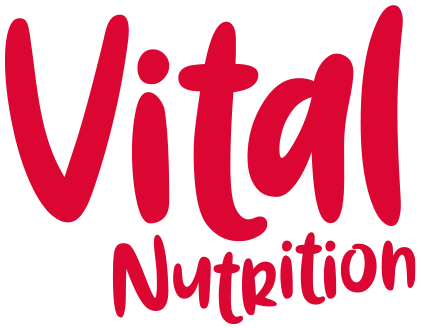Nourish your adrenals
Is stress getting the better of you? Do you feel like you are constantly juggling your never-ending list of tasks and get to the end of a working day feeling overwhelmed by how much you still have left to do?
Stress is a big deal. It affects our mood, energy, sleep and appetite. Long term stress has dire consequences for our health and wellbeing. Links with cardiovascular disease are well known, but chronic stress has also been linked with digestive issues like IBS, ulcers and gastritis, anxiety and depression, a weaker immune system and obesity.
It doesn’t have to be this way.
We can find a better balance.
Our little adrenal glands need a break. They are designed to release adrenalin as a quick response to short term stress, rather than being switched onto high alert most of the time. Sitting on top of our kidneys, in our lower back, our stress glands get messages from our hypothalamus in our brain to help kick us into shape to escape danger, make a run for it or put up a fight.
The demands of modern life mean that many of us are in a constant state of fight-or-flight, running on high adrenalin and cortisol to switch from one demand to the next, whether that is scrolling social media, answering emails or getting caught in traffic.
Here are some simple ways to help nourish your adrenal glands and re-balance the stress response:
Be more mindful. Multi-tasking has had its day. Focusing on one thing at a time can calm a busy mind and reduce feelings of overwhelm. You will probably find that you are lot more productive that way too.
Switch off unnecessary notifications on your devices to reduce distraction.
Do something just for the fun of it. When was the last time you had a good belly laugh? Do something that makes you happy.
Eat breakfast. Skipping breakfast can increase cortisol levels. A simple routine of a protein based breakfast with nuts, seeds, eggs or Greek yoghurt will set you up well for a busy day.
Reduce stimulants. Relying on coffee first thing and running on caffeine and sugar through the day can overstimulate the stress response. Drinking too much coffee has the same effect as stress. We get an increase in adrenalin, leaving us jittery, anxious and stressed. Cut back, switch to decaf or discover some herbal teas that you like instead.
Don’t skip meals. If we leave too long between meals, our blood sugar can take a dip and your body will respond by releasing more stress hormones. Better to keep a routine of three square meals a day.
Cut back on alcohol. It can be all too easy to reach for a glass of wine to help you switch off at the end of a busy day, but what if you switched to a non-alcoholic alternative. There are plenty of great options about now. Try kombucha with ice and a slice, an alcohol-free beer or an alcohol-free spirit.
Find other ways to relax – get outside, go for a walk, do a puzzle, make or bake something, have a bath, read a chapter of a book, listen to music. Do something different to help you unwind and switch off.
Eat more magnesium-rich foods. Magnesium helps support a healthy stress response. Found in dark green leafy vegetables, nuts, seeds and dark chocolate (at least 70% cocoa).
Drink green tea. Although it has some caffeine, green tea also contains l-theanine, an amino acid with calming effects on the body and has been shown to reduce cortisol levels. Even better if your green tea has some lemon balm, a herb that has been found to reduce anxiety and stress levels and help support a better night’s sleep.
Too much sugar and white, refined carbohydrates can contribute to blood sugar fluctuations, making stress feel worse. Swap out some high sugar foods, look for hidden sugars and choose wholegrains over white stuff.
Exercise is the perfect antidote to stress. It helps release endorphins and even if we hate the thought of it, inevitably we feel better after it. Run, hop, skip, jump, lift weights, cycle – whatever form it takes, it will help balance the stress load.
Get outside more.
And breathe… when we are stressed or anxious, we tend to hold our breath. Take a moment to focus on your breath to help get you out of a panic, reduce the stress response and just give yourself a moment. Breathing techniques can help reduce the stress response really quickly, reduce adrenalin and rebalance cortisol.
Get a good night’s sleep. Get tucked up early, read a book and lights out by 11pm.

